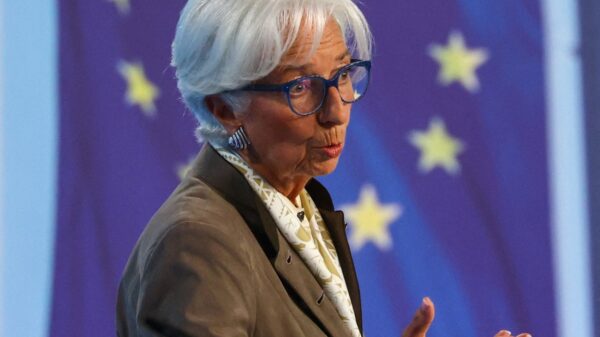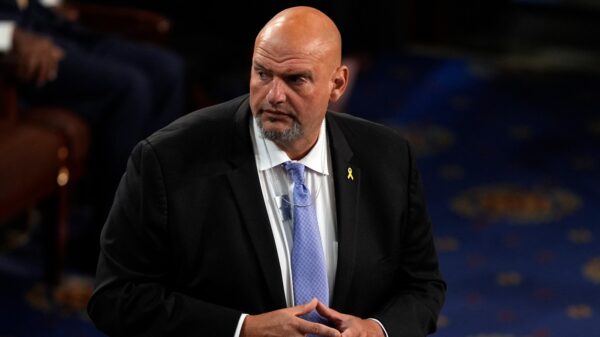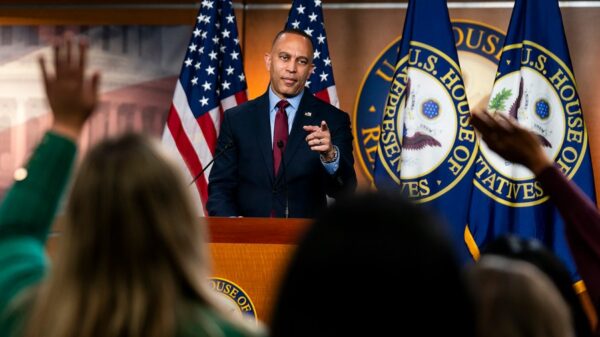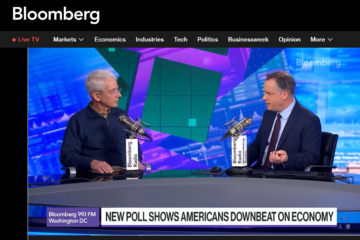UPDATE: A woman at a workplace has faced an unexpected twist in her quest for romance after confessing her feelings to a colleague. The situation has sparked discussions about unreciprocated feelings and emotional resilience.
In a heartfelt letter to lifestyle expert Harriette Cole, the woman, identified as Just a Friend, revealed that she had developed strong feelings for a male coworker. However, when she boldly asked him out, he graciously informed her that he is gay. This revelation left her feeling deeply disappointed and uncertain about how to manage her feelings.
“I thought there might be something special between us,” she wrote, expressing her surprise at his disclosure. Just a Friend described her attraction to him, noting his kindness and problem-solving abilities. Now, she is wrestling with how to “dial back” her emotions that are not reciprocated.
Harriette Cole responded with practical advice, emphasizing the importance of treating such situations with clarity. “It’s not that this man doesn’t like you. He is just not romantically attracted to you,” Cole advised, encouraging her to release her romantic feelings and embrace a friendship instead. “Who knows what kind of delightful bond you two can form?” she added.
This scenario resonates with many who have experienced unreciprocated feelings, bringing to light the emotional challenges involved in navigating workplace relationships. Cole’s insights aim to provide guidance for those struggling with similar situations.
As the story unfolds, it highlights the complexities of attraction in professional settings. The emotional impact of such experiences is profound, often leading individuals to reassess their feelings and relationships. The incident serves as a reminder that the path to emotional resilience is essential in the face of disappointment.
This development is not only timely but also crucial for those who find themselves in similar predicaments. The story encourages open communication and emotional honesty, vital tools for maintaining healthy relationships.
In an era where workplace dynamics are constantly evolving, the importance of understanding and managing personal feelings cannot be overstated. Cole’s advice offers a pathway for navigating these intricate emotional landscapes, making it a must-read for anyone facing similar dilemmas.
As more people share their experiences and seek guidance, the conversation around unreciprocated feelings in the workplace will likely continue to grow, shedding light on the emotional challenges many face in their pursuit of love and connection.
For those seeking advice on relationship matters, Harriette Cole invites readers to send their questions to [email protected] for personalized support.



































































